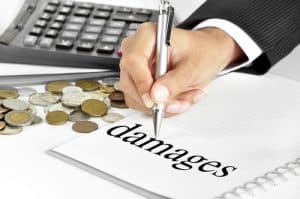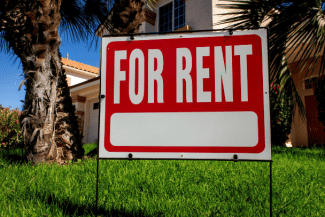What To Do If A Tenant Destroys Your Property

Preventing Tenant Property Damage Through Education
Tenants are not responsible for normal wear and tear in the apartment, but they are responsible for damage that occurs on purpose or by accident.
You can protect yourself by inserting a clause in your lease that informs tenants of this fact. Renters who know they’ll be held liable if they accidentally cause water damage on the wood floor may be more likely to wipe up a spill in short order.
If you’re really concerned about property damage, you may invite renters to go on a move-in inspection with you. Draw their attention to existing areas of wear and tear. Clearly explain what constitutes “normal wear and tear” and what constitutes accidental damage. Outline your policy for property damage. If you have a policy of tenant eviction for destruction of property, such as vandalism, let tenants know.
Handling Property Destruction Incidents
What should you do if the tenant destroys your property, despite your best efforts at education and prevention? While you could go about evicting a tenant, you may wish to settle the issue, if possible. If the problem requires a skilled repairperson, refer the tenant to a handyman, plumber or other service person. Then, set a deadline for repair and inspect the work after. Your renter can hire someone to repair a damaged door or patch drywall and pay out-of-pocket for the work.
If the renter does not complete the work on time, you can either bill him or her, or let the renter know you will be deducting the repair amount from his or her security deposit.
Throughout the process, document any communication with the renter to protect your interests. Take pictures of damage, in case you need to pursue the matter in court.
If a renter damages property more than once, you may decide that eviction makes sense. Repeated property damage (even accidental) hinders trust between you and your renter.
In a worst-case scenario, a tenant could rack up more in property damage than you have in security deposit, leaving you liable for the difference unless you can collect in court. When the repairs for damaged property exceed the amount you’ve collected for the security deposit, you may be able to sue to reclaim the difference.
However, you’ll need to hire an attorney and spend time on the matter. If the difference is small, you may decide it’s best to pocket the loss and move on quickly.
Most problems can be avoided by setting clear expectations at the outset and using clear and professional landlord forms to communicate with renters. If you need an eviction letter, security deposit form or other landlord tenant paperwork, consider becoming an American Apartment Owners Association member. Perks of membership include access to a library of landlord forms that cover tenant eviction, leasing and much more.
Disclaimer:
The information provided herein is for advisory purposes only and AAOA takes no responsibility for its accuracy. AAOA recommends you consult with an attorney familiar with current federal, state and local laws.















 Accessibility
Accessibility